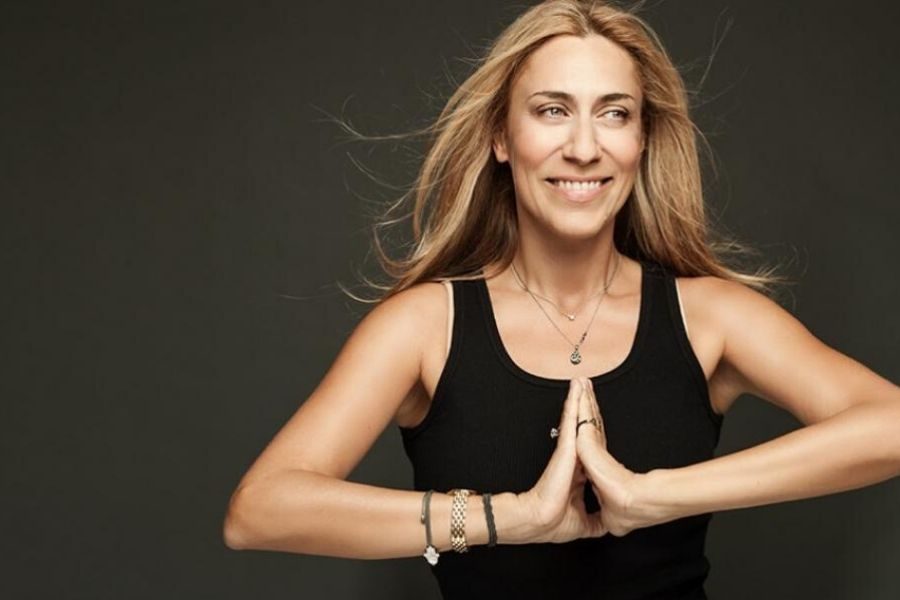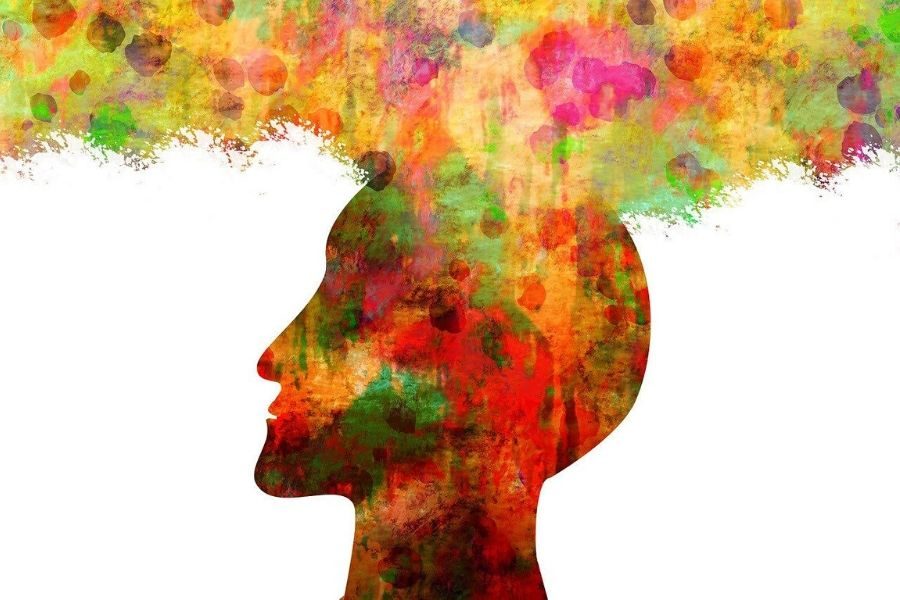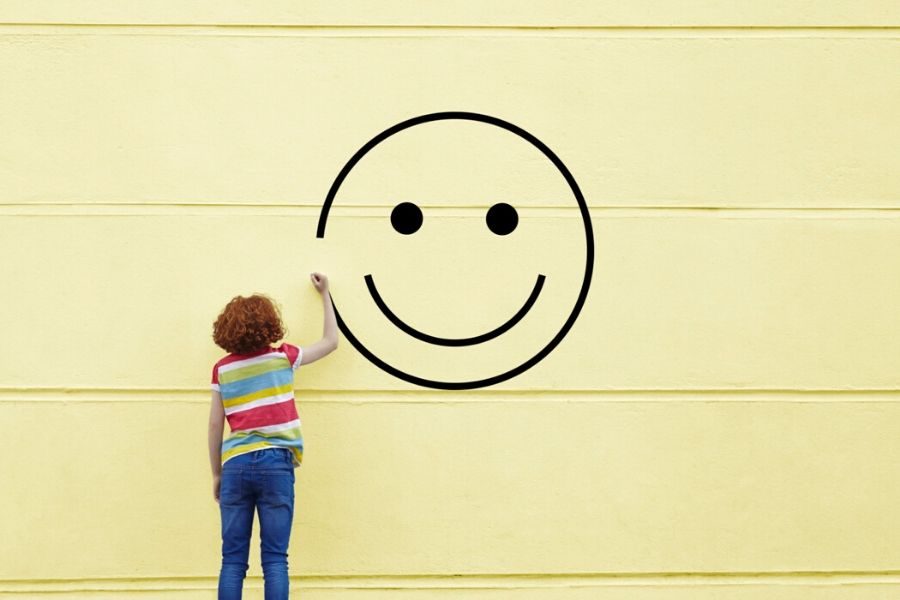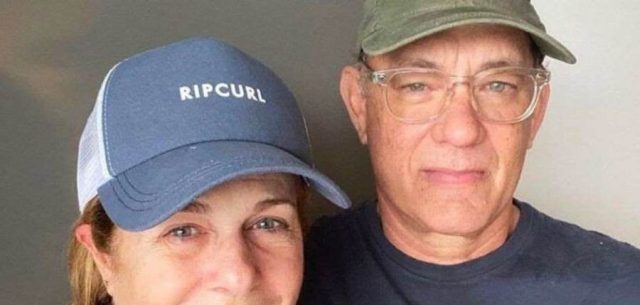Plato and the Plague: Why it’s time to get philosophical

A pandemic, especially one that imposes isolation, raises a barrage of existential questions – about change, values, identities, choices, the future. What answers would the icons of ancient philosophy be able to give? Are their precepts still relevant? Life Coach Dr. Nancy Mallerou on why philosophy might hold the key to soothing your anxieties.
No man ever steps in the same river twice, for it’s not the same river and he’s not the same man.
When I turned 18, my sister, an avid reader and philosophy lover, gave me the worst possible present you could ever offer the party animal that I was: Plato’s Republic. Quite upset with her I asked: “Have you met me? Do you really think this is a great gift?” and she replied “But it has the original text (!) and it will probably stay with you for longer that anything else!” Three decades later Plato is still with me and this is the most treasured and memorable gift I ever received. You see, what I could not see back then was the WITFM factor: What’s In It For Me. I could understand the importance of Plato and ancient Greek Philosophy as a notion but I could not see the relevance and practicality of such a book in my everyday life.

Now I am not sure who is to blame for this: our educational system (we literally missed the glory and fun of the philosophers while trying to learn every single comma by heart!), me being too superficial an ignorant, a bit of both? Years later when Alain de Botton published his first book (which I loved), the media called him a modern-day philosopher and I started following his work. When he launched the School of Life, I was convinced that he was a genius! And why is that? Because he had managed to make philosophy relevant to people from all over the world, despite their differences is background, careers, status, upbringing, aspirations or beliefs. Since that 18th birthday, my life took many -often unexpected- turns (mainly because I get easily bored!). From French Literature to an MBA, to a PhD in Strategy, to Academia (I taught for over a decade at Panteion University), to a very successful corporate career to a severe clinical burnout, to entrepreneurship and to launching of a whole new profession (Coaching) in Greece. Was there a common thread in all that? I like to believe there was, but it was unconscious: my most vibrant value has always been progress – mine and others’. And I realized soon enough (not always the easy way) that we evolve through hardships and challenges.
And then came the C word! Don’t get alarmed. I am not talking about cancer, I am talking about the “Crisis”. Those years where people lost their comfort, their way of living, their hopes and their values (not necessarily a bad thing considering that it was our common values that had brought us there in the first place), mostly in that order. Truly dark times I have to admit. What was the hardest for me to watch was people losing their faith. I made it a point to help my fellow Greeks and bring a mindset of progress and optimism one person and one company at the time. In the last 15 years I have had the privilege to meet and work with thousands of people in Greece and abroad: politicians and athletes, artists and business people, CEOs and entrepreneurs, students and doctors, employees and workers. In all these years and through all these people, there are two things that I found to be common and repeated:
- Everyone has pretty much the same needs (Maslow wasn’t wrong at all!)
- Everyone has questions they need answers to.

Traditionally, when mankind did not have an answer to a question, they invented a God to blame it on or to hold on to. Or, they sought ancient wisdom. Maybe it’s because I am Greek, but I find it difficult to look back without stumbling upon answers that withstood the test of time, usually given by an Ancient Greek Philosopher! These guys had an unparalleled charisma: they asked great questions, made great observations and they gave great answers. In the past two decades, the more I tried to help people/companies with their goals, aspirations, internal and external roadblocks, the closer I got to the Philosophers.
And then we found ourselves locked away in our houses! Will we get out? Yes, eventually. Will things ever be the same? I doubt it. The implications are not yet visible but I am sure we will be affected in all levels and ways. Not just financially but also in the way we socialize and relate to others, the way we consume and make decisions, the way we raise our kids and care for our own. In a nutshell, we are heading to complete and utter uncertainty, full of great big philosophical questions: What will life look like? What skills and values will help me survive it? How will I choose my friends? What is just and fair? What is truth or what is success? How can one find true happiness?
One cannot say or write these words without thinking of Socrates. You see Socrates believed that these big questions in life should not be left to the philosophers -and especially not to the politicians- to answer. On the contrary, he believed that it is the right and obligation of every person. Otherwise, one will live ones life following someone else’s path and never live his own truth. One thing I like about our bumper-sticker era is that there is a quote about everything. And although this can be anywhere between funny and completely ignorant, I see a silver lining: Never before have the young quoted and become inspired by so many of our philosophers. Is this true knowledge? Of course not. But it is a consolation and a trigger.
In a world where depression, auto-immune and psychosomatic diseases, anxiety and despair loom over us, I believe small doses of Plato or Socrates, or Aristotle, of Heraclitus can give us a wider perspective, help us restore faith in ourselves and in humankind, keep us in touch with our inner greatness. And against all the pessimism going around these days I only want to say “It Can Get Better” if we only choose to “Along with Athena, also move our hand”.













